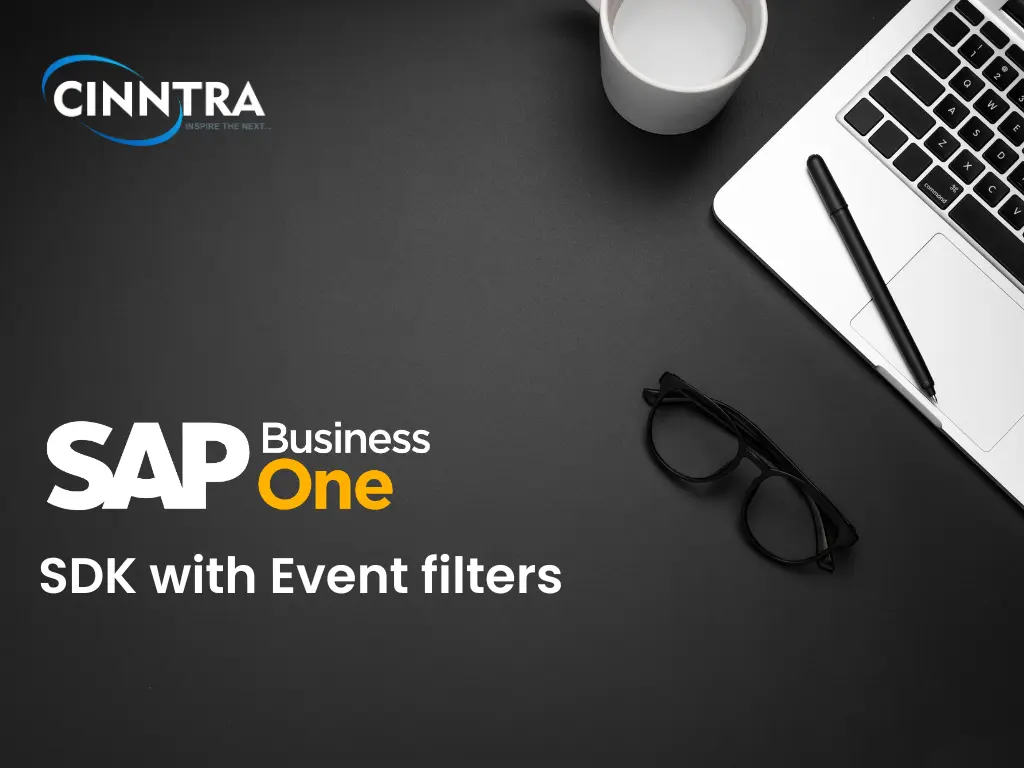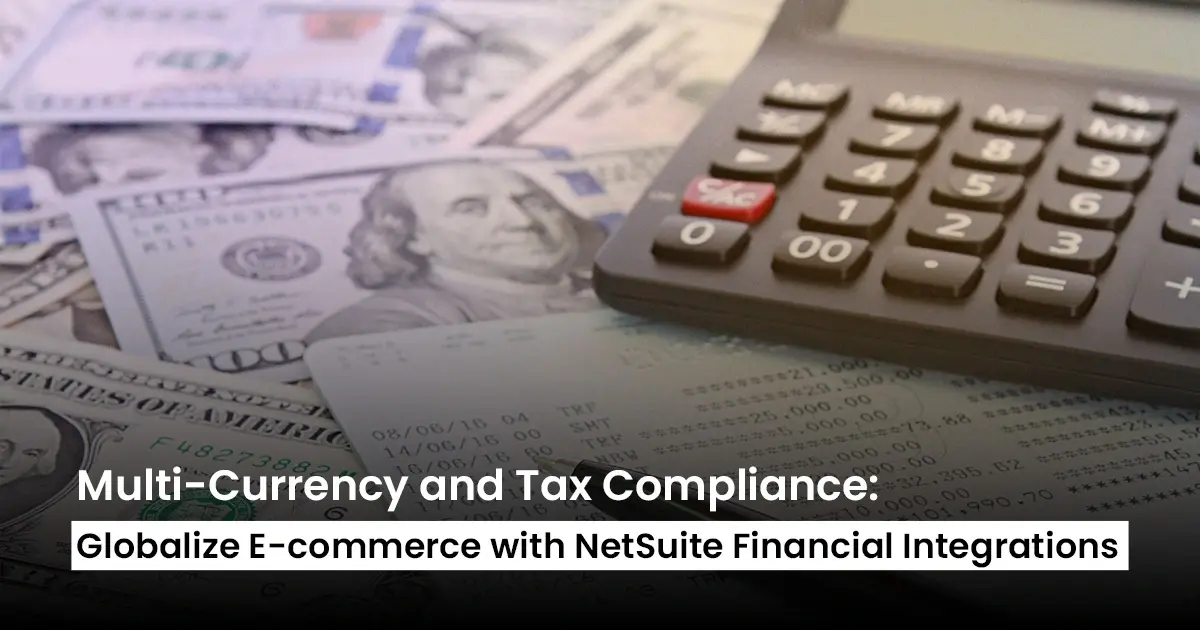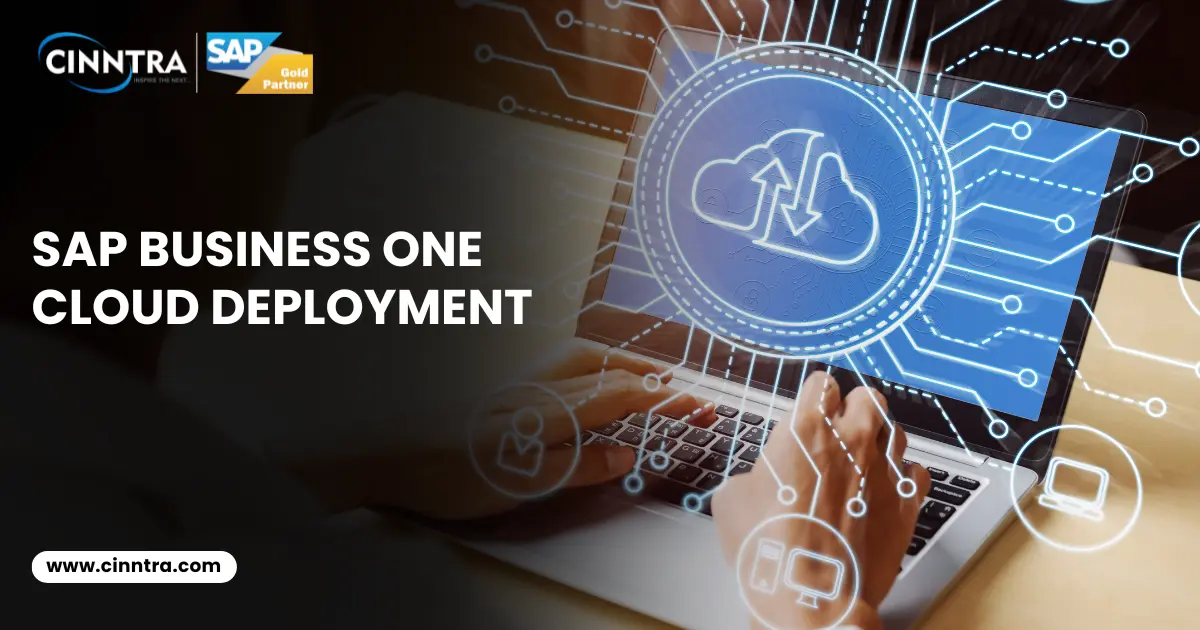SAP Business One SDK: The Event Filters Secret Weapon for Turbocharging Your Development

Do you want to make your SAP Business One SDK development more efficient?
Are you tired of handling every event that occurs in the system, even the irrelevant ones?
If so, then Event Filters might just be the solution you need.
The SAP B1 SDK is a flexible tool that allows you to customize and extend the functionality of your ERP system. However, handling all events can be a daunting and resource-intensive task. That's where event filters come in handy.
In this blog post, we'll explore how event filters can streamline your SAP Business One SDK development by allowing you to focus on the events that matter to your business.
So, let’s begin with the introduction of Event Filters in SAP Business One.
What are Event Filters in SAP B1 SDK?
Event filters enable you to selectively handle events that matter to your business. Instead of handling every event, you can filter them based on various criteria, such as object type, event type, and field values. This selective approach ensures that your application performs faster, enhances the user experience, and makes your code easier to maintain.
How to Use Event Filters in SAP B1 SDK?
To utilize event filters in SAP B1 SDK, it is essential to register the filter with the SDK. Below is an example of how to do it:
“
SAPbouiCOM.EventFilters filters = new SAPbouiCOM.EventFilters();
filters.Add(SAPbouiCOM.BoEventTypes.et_FORM_LOAD);
filters.Add(SAPbouiCOM.BoEventTypes.et_ITEM_PRESSED);
myForm.EventFilters = filters;
”
In this example, an EventFilters object is created and two event types, et_FORM_LOAD and et_ITEM_PRESSED, are added to it. The filters are then assigned to a form object named myForm. This implies that myForm will only manage events of types et_FORM_LOAD and et_ITEM_PRESSED, disregarding all other events.
The Benefits of Using Event Filters in SAP B1 SDK
Event filters are a powerful tool for selectively handling events in the SAP B1 SDK. By using event filters, you can streamline your development process and improve the efficiency of your SAP Business One ERP system. In this section, you are going to explore the benefits of using event filters in SAP B1 SDK.
Increased Performance
One of the primary benefits of using event filters in SAP B1 SDK is improved performance. By filtering out unnecessary events, you can reduce the processing overhead of your application, resulting in faster performance. This can be particularly useful for large-scale ERP systems where performance can have a significant impact on productivity.
Improved User Experience
Filtering events can improve the user experience by reducing the amount of noise in your application. By handling only the events that matter, users can focus on the events that are relevant to their work. This can lead to a more efficient and productive work environment.
Easier Maintenance
Handling only relevant events can make your application code more manageable and reduce the risk of errors. This can make it easier to maintain and update your SAP Business One ERP system over time.
Final Say
In conclusion, event filters are a powerful tool for improving the efficiency and performance of your SAP Business One SDK development. By selectively handling events, you can reduce the processing overhead of your application, improve the user experience, and make your code easier to maintain.
The benefits of using event filters in SAP B1 SDK are clear, and they can be a secret weapon for turbocharging your development. So, if you want to take your SAP Business One ERP system to the next level, consider using event filters in your development process.



0 Comments